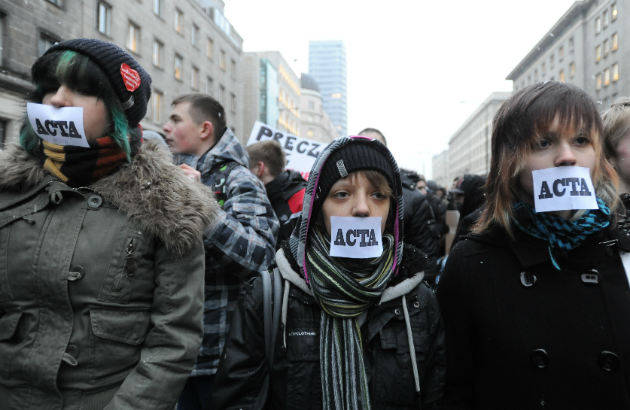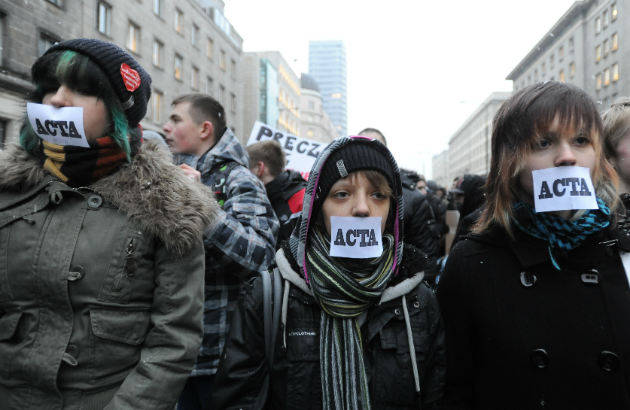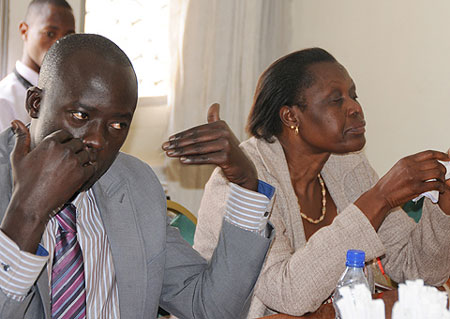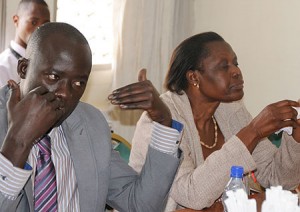The revamped Bill offers artistes different rights for different media
Not very long ago, issues like patents, trademarks, copyright, etc, collectively called intellectual property rights (IPRs), were sort of alien subjects relating mainly to foreign companies and some large Indian companies. However, people have become more conscious of their rights regarding their creations. The past few years have seen the emergence of a strong campaign by some leading film personalities for protecting the rights of writers, singers, lyricists, etc. The Indian Copyright Act, 1957 (the Act) governs the law applicable to copyright, modelled along the British laws. The Copyright Act of 1914 was, in turn, based on the British Copyright Act, 1911. Similarly, the Copyright Act, 1957 borrowed extensively from the Copyright Act of the United Kingdom of 1956.
According to Wikipedia, “Copyright is a right given by the law to creators of literary, dramatic, musical and artistic works and producers of cinematograph films and sound recordings. In fact, it is a bundle of rights including, inter alia, rights of reproduction, communication to the public, adaptation and translation of the work. There could be slight variations in the composition of the rights depending on the work.” The Oxford English Dictionary defines copyright as: “The exclusive right given by law for a certain term of years to an author, composer, etc (or his assignee), to print, publish and sell copies of his original work.”
The Act has served well but, in recent years, there was a demand for effecting changes in the Act to protect the interest of persons who have not been protected under the Act for no fault of theirs, mainly singers, lyrists, writers, etc. The Copyright Amendment Bill, 2012 (the Bill) incorporates the desired changes in the law. The Bill has been approved by both the houses of Parliament.
A major challenge before the lawmakers was about the fact that changes in technology could play havoc with the rights of a person, unless there is adequate protection in law; a case in point being the change in the way films, songs, etc, are produced and broadcast. A few decades back, there were not many modes or options available to producers of cinema to exploit their product, but the last decade and a half has changed the landscape dramatically. Today, producers of cinema have several avenues to exhibit their product and generate revenues for themselves and this includes the use of songs and music as well.
However, a problem arose when producers refused to share the additional spoils with the original creators/ singers on the ground that all the rights were with the producers as they had already paid for them. They refused to take cognisance of the fact that new technologies have provided hitherto non-existent avenues / mediums for exploiting different aspects of cinema and its music. The Bill attempts to redress this grievance of artistes of different genres who can assign different rights in respect of their creations.
A very important change in favour of the creators is that any such assignment will not be applicable to any medium or mode of exploitation of the work which did not exist or was not in commercial use at the time when the assignment was made. In other words, unless the assignment specifically referred to such medium or mode of exploitation of the work, it will not be automatically valid. The effect of the change will be that, in future, with the advent of new technologies and opening up of new avenues of revenue generation, the interest of assignees will be protected and they would be entitled to a share in the earnings generated by the new income streams.
The Bill has also attempted to streamline the functioning of the Copyrights Board by effecting important changes in its constitution and management. Hopefully, these changes will make the Copyrights Board nimble-footed to meet the demands of a dynamic situation where change will be the only constant.
Source: http://www.moneylife.in/article/the-copyright-amendment-bill-2012-the-right-of-artistes/26764.html






